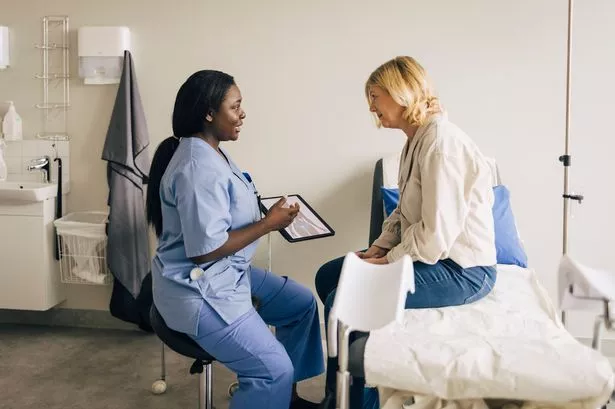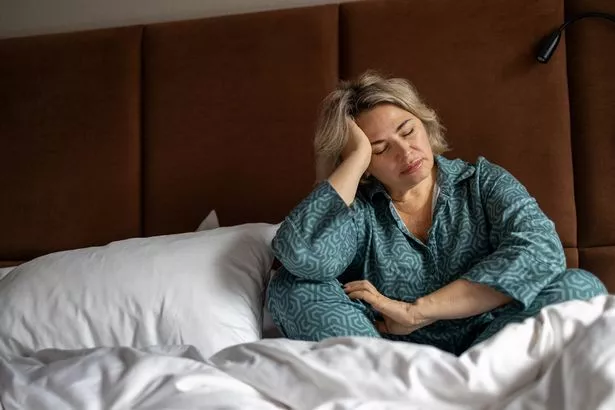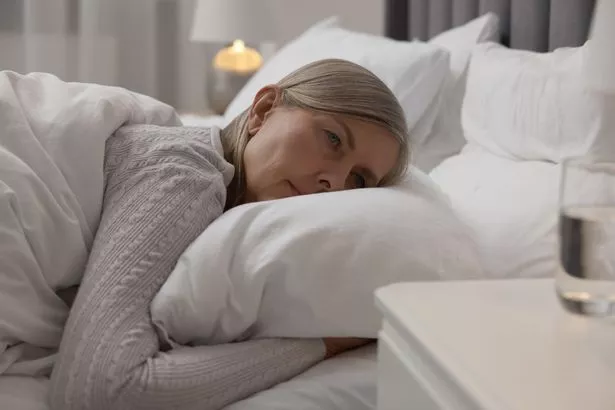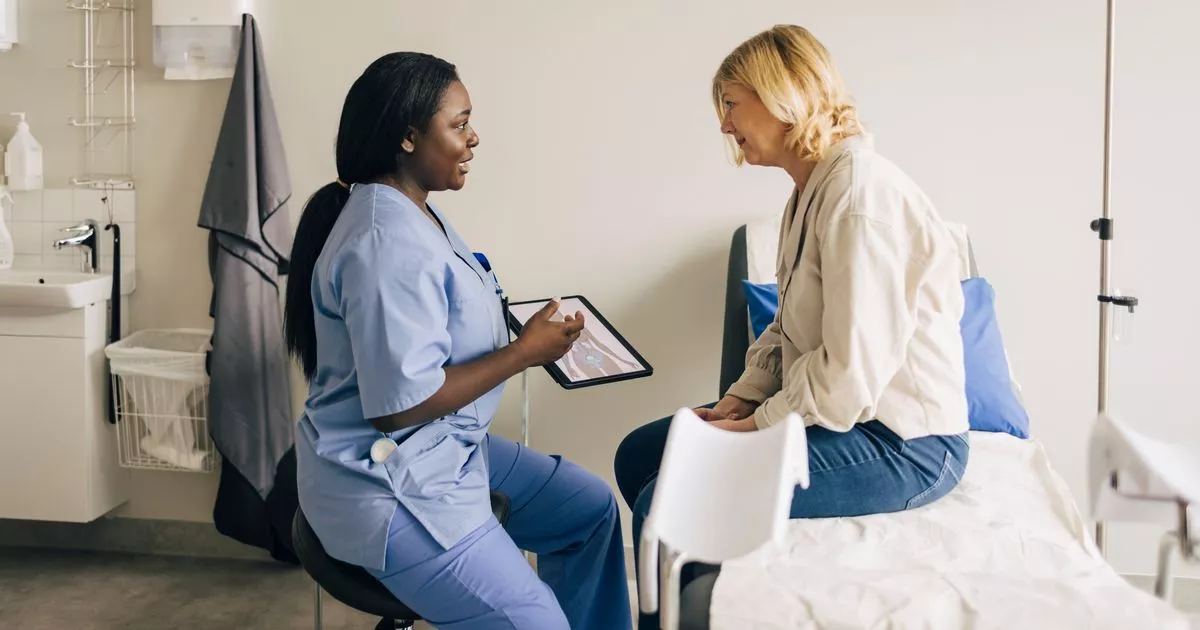Five million women could benefit from the major NHS move
14:01, 23 Oct 2025Updated 14:22, 23 Oct 2025
 Officials say women have been “suffering in silence for too long”(Image: Getty Images)
Officials say women have been “suffering in silence for too long”(Image: Getty Images)
Questions about the menopause will be included in routine NHS health checks for the first time, helping to raise awareness of symptoms and give women the confidence to seek support, officials have said.
Health Secretary Wes Streeting said women have been “suffering in silence for too long”. He says the move will give those experiencing symptoms such as hot flushes, mood swings and trouble sleeping “visibility and support”.
Menopause happens when periods stop because of lower hormone levels, and usually takes place between the ages of 45 and 55. The transitional phase, known as perimenopause, can last for years before a woman’s final period.
NHS health checks are offered to eligible people between the ages of 40 to 74 every five years. The routine checks aim to detect people at risk of developing conditions such as heart and kidney disease, type 2 diabetes, dementia and stroke.
Now, the inclusion of questions about menopause will aim to raise awareness about symptoms and also give women confidence to seek help, officials said. Specific questions will be developed over the coming months, with guidance from health experts.
 Menopause can cause symptoms like mood swings, memory issues and brain fog(Image: Getty Images)
Menopause can cause symptoms like mood swings, memory issues and brain fog(Image: Getty Images)
The addition could benefit almost five million women, the Department of Health and Social Care (DHSC) estimates.
Mr Streeting said: “Women have been suffering in silence for far too long and haven’t been encouraged to open up about the symptoms they’re experiencing.
“This often means they’re left to navigate menopause alone, with very little support – all because of an outdated health system that fails to acknowledge how serious it can be.
“No one should have to grit their teeth and just get on with what can be debilitating symptoms or be told that it’s simply part of life.
“This Government is overhauling women’s healthcare and giving those experiencing menopause and perimenopause the visibility and support they have long been asking for.”
 Women experiencing menopause may have trouble sleeping(Image: Getty Images)
Women experiencing menopause may have trouble sleeping(Image: Getty Images)
Hormone replacement therapy (HRT), which replaces the hormones that are at low levels, is the main treatment for menopause. Other medicines can help with specific symptoms like hot flushes and mood swings.
It is estimated that three quarters of women have symptoms such as weigh gain, joint pain, memory issues and brain fog.
However, according to DHSC, fewer than one in 10 feel they have enough information to cope with the changes.
Dr Sue Mann, national clinical director in women’s health at NHS England, said: “Far too often we still hear women say their concerns aren’t listened to or that they aren’t getting enough support for the debilitating symptoms that can come with the menopause, many of which can have a big impact on their lives and can be invisible to others.
“We want to change that – no-one should have to put on a brave face or feel they are facing symptoms of menopause or perimenopause on their own.”

